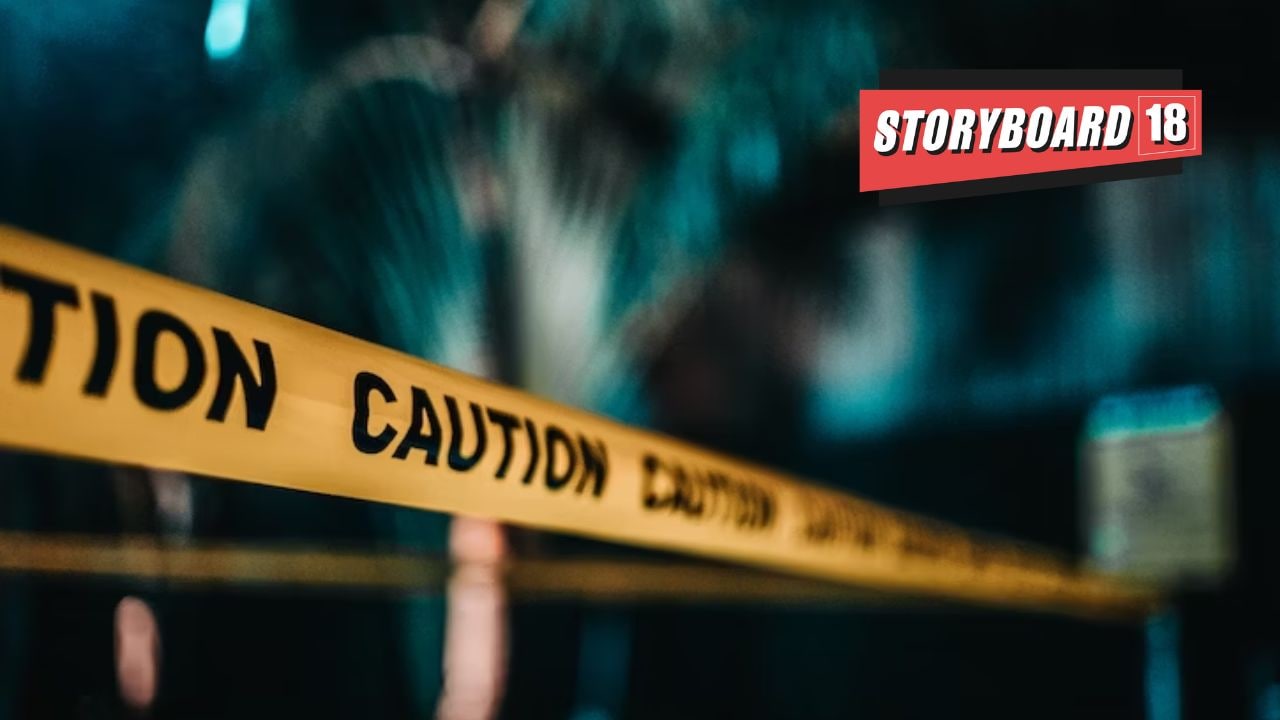The viral video of actress Rashmika Mandanna took the internet by storm, garnering more than 14 million views since being put up online. This raises the question about the legal framework of deepfake cases in India. Union Minister Rajeev Chandrasekhar responded to a deepfake video of the actor saying that such “damaging form of misinformation need to be dealt with by platforms”.
Deepfakes are the 21st century’s answer to Photoshopping, deepfakes use artificial intelligence called deep learning to create images of fake events.
Amitabh Bachchan who played the role of Mandanna’s father in ‘Good Bye’ supported the actor and called for a legal action.
Taking to X, the Union Minister of State (MoS) for IT said that the central government under Prime Minister Narendra Modi is “committed to ensuring [the] safety and trust” of all citizens using the internet.
PM @narendramodi ji's Govt is committed to ensuring Safety and Trust of all DigitalNagriks using Internet
Under the IT rules notified in April, 2023 – it is a legal obligation for platforms to
➡️ensure no misinformation is posted by any user AND
➡️ensure that when reported by… https://t.co/IlLlKEOjtd
— Rajeev Chandrasekhar 🇮🇳 (@Rajeev_GoI) November 6, 2023
Referring to the IT rules notified in April 2023, the Union Minister referred to the IT rules notified in April 2023 and made it clear that the guidelines that social media platforms must abide by as it a “legal obligation”. Chandrasekhar said that all platforms must “ensure no misinformation is posted by any user” and that “when reported by any user of [the] government, misinformation is removed in 36 hours”.
He specified that incase social media platforms fail to comply with the rules, then rule 7 will be applied and “platforms can be taken to court by [the] aggrieved person under provisions of [the] IPC”.
